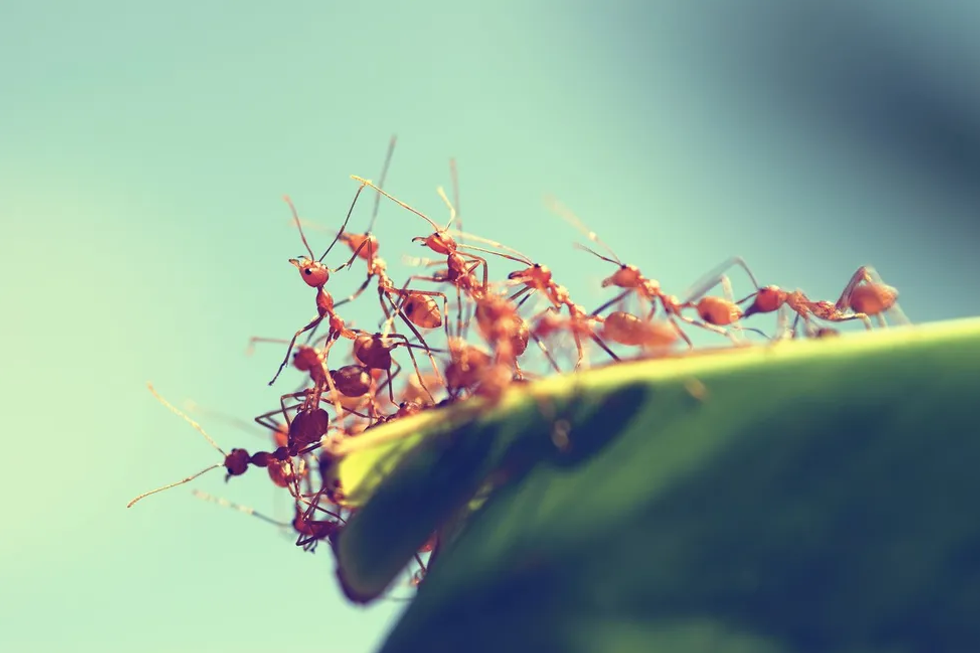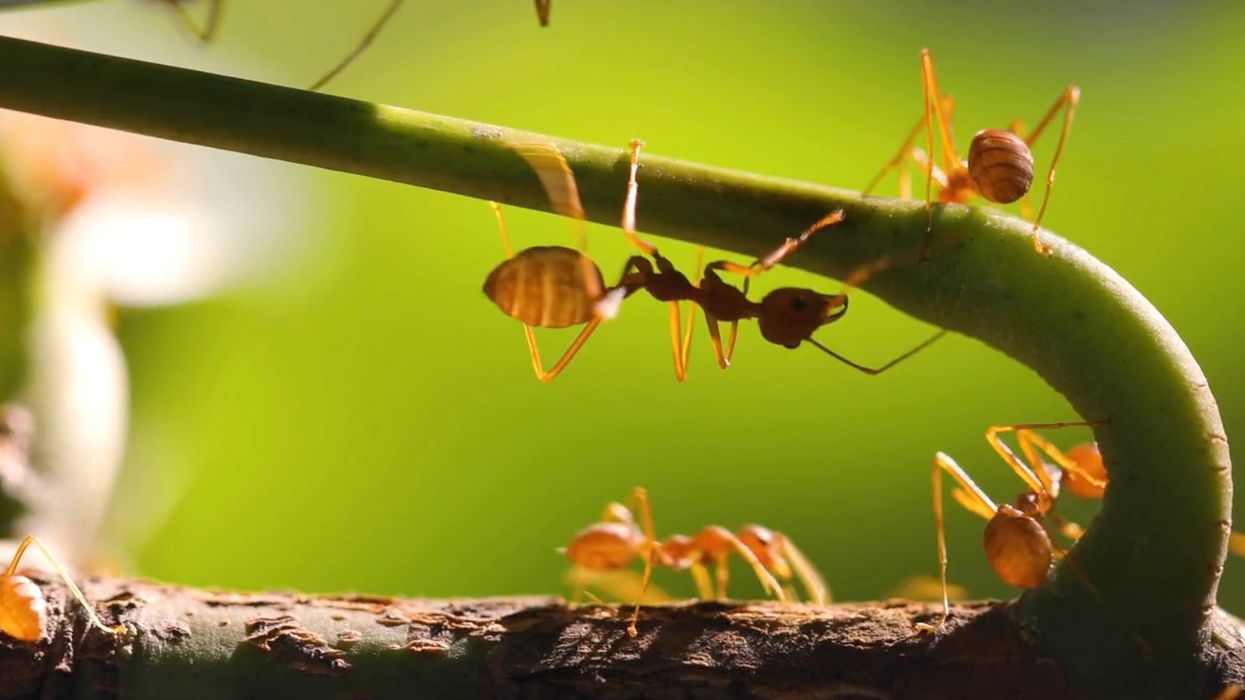Dozens of red fire ants nests have been found in Europe and their venomous bite is super painful.
Red imported fire ants are an invasive species that has already caused problems in the US and Canada, and now they are coming for Europe.
Several nests have been found on the island of Sicily in Italy and scientists believe the insects have likely already become established in Europe.
The venomous ant, whose scientific name is Solenopsis invicta, originated in South America and was first remarked on by scientists in 1916.
Since then, the species has gone on to invade several countries around the world, including Australia, China and the US, mostly burrowing away in soil from its native country that was then imported to these countries.

According to Mattia Menchetti at the Institute of Evolutionary Biology in Barcelona, Spain, “It’s considered one of the worst invasive species” due to its extremely painful bite that some people are also allergic to.
In addition to causing harm to humans, the ants also impact native species by displacing them, as well as preying on birds and reptiles.
Following reports of several painful ant stings in the coastal area of Syracuse in Sicily, a total of 88 red imported fire ant nests were found spread over 4.7 hectares by Menchetti and his team.
DNA taken from the ant samples determined their genes were most closely related to red fire ants found in China and the US, suggesting that these particular ants came from either country.
Models conducted by experts suggest that the ants could spread to around seven per cent of Europe under current environmental conditions, but as global warming progresses, this area could grow as the ants prefer warm climates.
Sign up to our free Indy100 weekly newsletter
Have your say in our news democracy. Click the upvote icon at the top of the page to help raise this article through the indy100 rankings.














